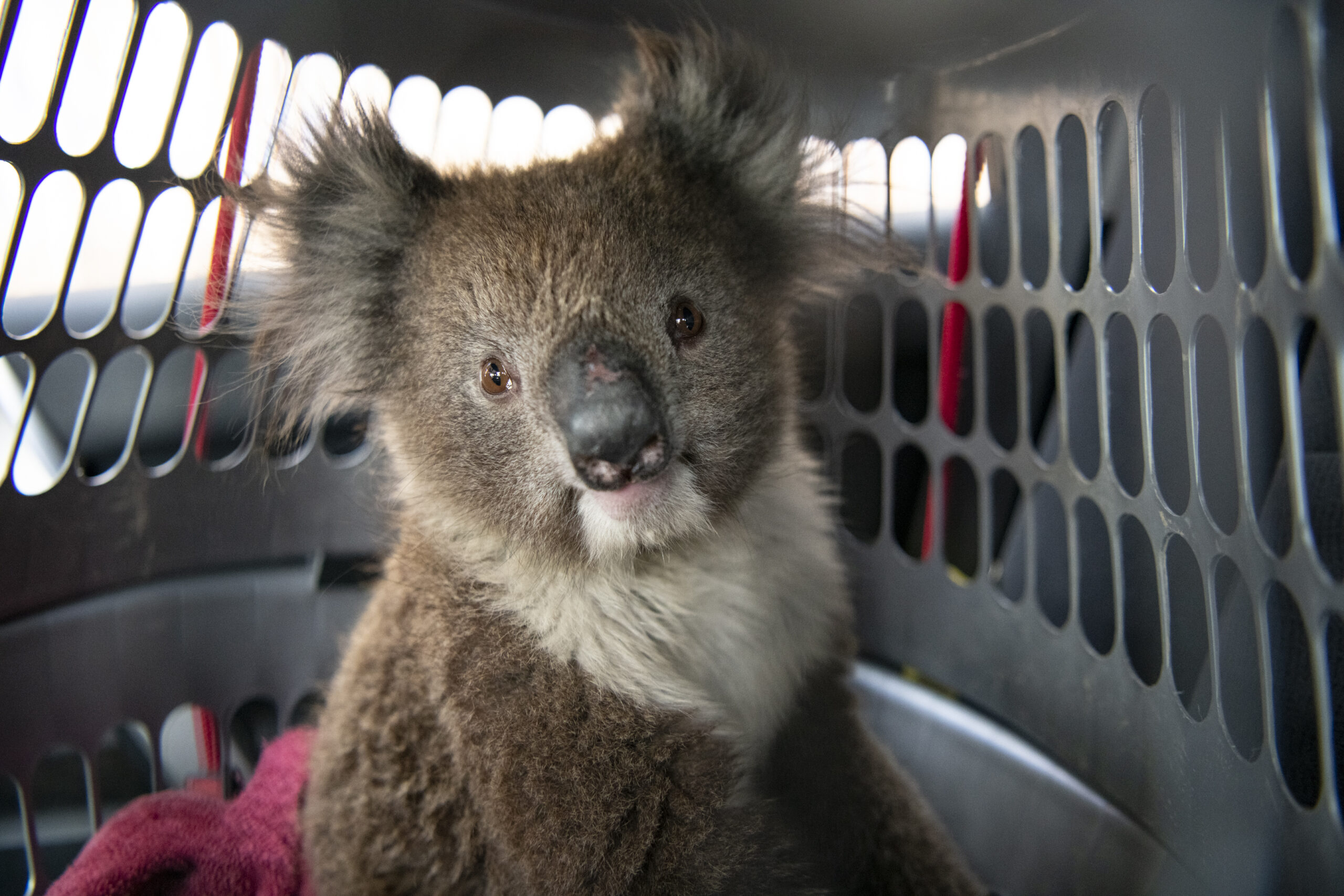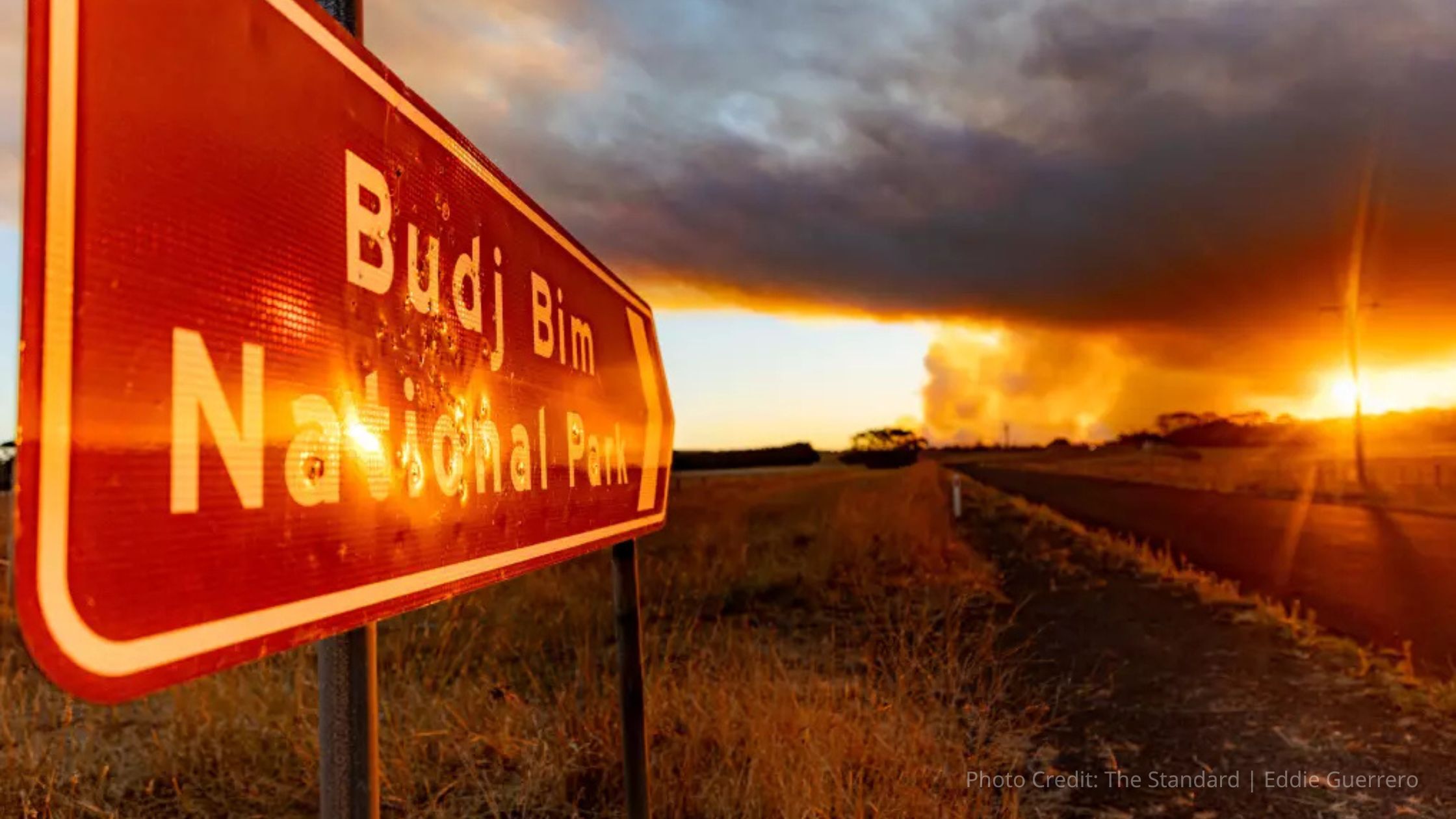Parliamentary inquiry into the management of blue gum plantations and koalas. Humane World for Animals is relieved to report that the koala shooting in Victoria’s Budj Bim National Park has stopped, with helicopters grounded last Friday, 25 April. Following fires in the area known to be home to a large...
Here we are again, nervously awaiting the Victorian Government’s decision on whether they will proceed with yet another season of the state’s infamous duck hunts that have seen nearly 3.7 million native waterbirds slaughtered over the past decade. The state’s hunting regulator, the Game Management Authority, will imminently be giving their advice on how the 2021 season should operate, if at all, with an announcement from the Government expected in the following weeks.
For years campaigners have felt we are on the brink of seeing this blood ‘sport’ shut down due to dangerously low numbers of waterbirds, the increasing pressures of drought, and the hunts being well out of step with community expectations. But despite these sustained, justified and strong objections and an ever-growing body of evidence on the unacceptable animal welfare and conservation impacts these hunts have, the Victorian Government has frustratingly continued to support them.
 GMA long-term harvest estimates table (source: GMA)
GMA long-term harvest estimates table (source: GMA)
This is in stark contrast to commitments made in Victoria’s Animal Welfare Action Plan, which has a stated aim for Victoria to be respected globally for its animal welfare practices. Such an aspiration seems a frustratingly long way off with Victoria’s new Agriculture Minister, Mary-Anne Thomas, recently telling the ABC that she has no intention to ban duck hunting before even seeing the independent regulator’s advice.
It seems that the cruelty involved in these hunts counts for little in the Government’s or regulator’s eyes, with the Game Management Authority often falling back on the supposed sustainability of the annual season. The problem is the figures tell a very different story of mounting pressures on struggling populations – the latest Eastern Australia Waterbird Survey shows that populations of the hunted species are dangerously low, particularly in waters around Victoria where there were declines for all surveyed species.
 Pacific Black Duck – E. Dilley
Pacific Black Duck – E. Dilley
In fact both the Eastern Australia Waterbird Survey breeding index for all species combined and breeding species richness have decreased from last year and are well below the long-term average, and all of the survey’s major indices for waterbirds are continuing to show significant declines over time – with nature already under so much pressure, allowing shooting to continue is clearly not a sustainable practice.
Further, a recent survey by the Game Management Authority has shown that just one in five shooters, a shocking 20%, can correctly identify the species of birds they are shooting. Without these basic skills how can they be trusted to not shoot threatened species? It’s a clearly unacceptable situation and puts species under greater conservation threat such as the blue-winged shoveler and freckled duck at serious risk. Yet another reason that a 2021 Victorian duck hunting season cannot be justified.
 Freckled duck – Julie Clark
Freckled duck – Julie Clark
The shotguns used also mean that even the most experienced and responsible hunters can’t ensure a quick kill, with the spray shots inevitably wounding or maiming birds that face prolonged and painful deaths. And that’s in the best case scenario – it’s an even more significant concern when considering there no shotgun accuracy test required for participants…
For a state that aspires to be a world leader in animal welfare, it seems Victoria still has a long way to go. For far too long the Victorian duck hunting season has created serious cruelty and conservation issues for waterbirds of Australia, and with our wildlife in need of more help than ever, duck hunting simply has to stop. It is completely out of step with current community expectations and enough is enough.
Take action and tell the Victorian Government you don’t stand for duck slaughter in 2021.
Evan Quartermain is Head of Programs at Humane Society International and has been with the organisation since 2010. A member of the IUCN World Commission on Protected Areas, Evan is responsible for HSI’s terrestrial habitat and wildlife protection campaigns and programs, with particular focus on legislative reform, flying-foxes, dingoes, and habitat protection through Threatened Ecological Community and Natural Heritage nominations. He also has oversight of HSI’s Wildlife Land Trust and Emergency Response programs.
Header image: Kerrie Allen


